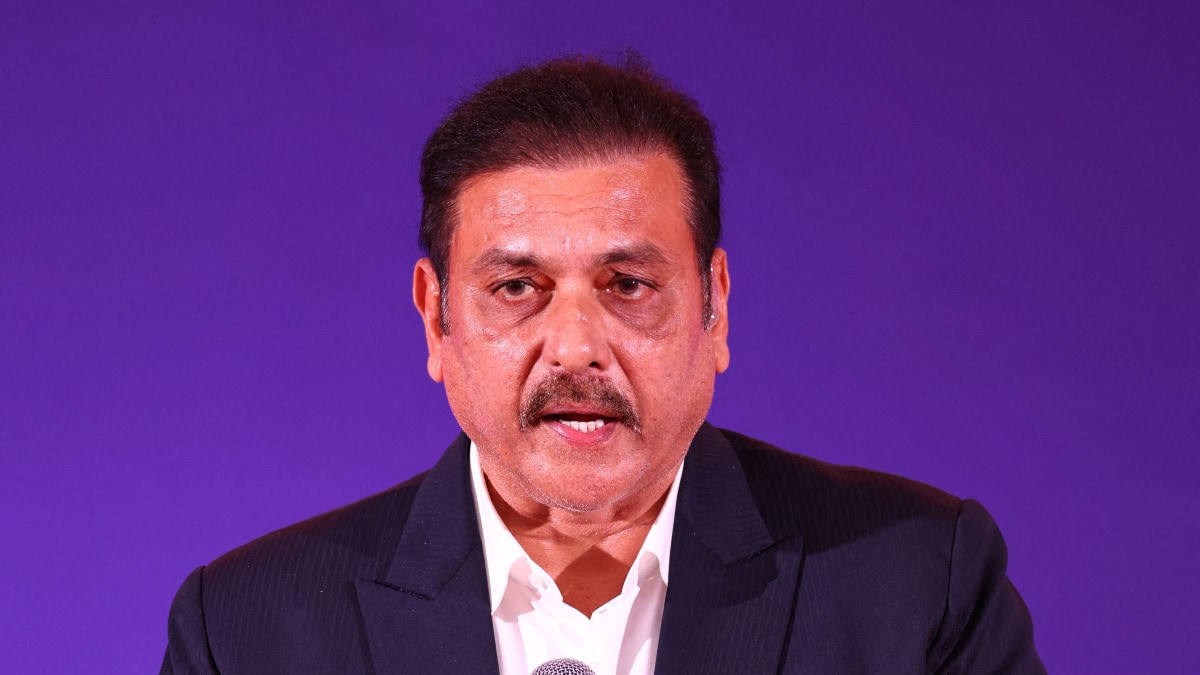

Former Indian cricketer and head coach Ravi Shastri has ignited a fresh debate regarding the distribution of revenue within the International Cricket Council (ICC), firmly asserting that the Board of Control for Cricket in India (BCCI) not only deserves its current significant share but should, in fact, be entitled to even more. Shastri's comments come amidst ongoing discussions about the financial model of cricket's governing body and the allocation of funds to its member nations.
Under the existing ICC revenue distribution model for the 2024-27 cycle, the BCCI receives 38.5% of the ICC's total revenue, a figure that dwarfs the shares allocated to other prominent cricket boards. To put this in perspective, the BCCI is set to receive approximately Rs. 1,968 crore annually, which is about six times more than what the England and Wales Cricket Board (ECB) and Cricket Australia (CA) receive. The ECB receives 6.89 percent, while CA gets 6.25 percent. This disparity has led to some discontent among other cricket boards, particularly those outside the "Big Three" (India, England, and Australia), who argue that the current model could hinder the growth of cricket in their respective nations.
Shastri, however, has staunchly defended India's claim to a larger portion of the revenue pie. In a recent interview with Wisden, he stated, "I absolutely agree (that India should get 38.5 per cent). I would want more for India". He reasoned that India is the primary driver of cricket's global revenue, generating a substantial portion of the income through television rights, viewership, and the immense popularity of the sport within the country.
"Most of the money that is generated comes from India. So it's only fair that they get their pound of flesh," Shastri asserted. He further explained that the revenue share should be proportionate to the income generated, emphasizing India's significant contribution to cricket's global earnings. Shastri also highlighted the substantial television income generated during India's overseas tours, suggesting that this further justifies a larger share for the BCCI.
Shastri also commented on the dynamic nature of global economies, saying, "It's relative. It's economies. Tomorrow there might be another economy that's stronger, money might come from there like it did in the 1970s and 80s, and the chunk of the money goes somewhere else".
The former India coach's remarks have reignited the debate surrounding the ICC's revenue distribution model. While some argue that the current system unfairly favors the BCCI, others maintain that it is a justified recognition of India's contribution to the global cricket economy. The Pakistan Cricket Board (PCB) has been particularly vocal in its criticism of the model, demanding greater transparency in the allocation process.
Shastri's defense of the BCCI's revenue share underscores the complex financial dynamics within international cricket and the ongoing struggle to balance the interests of different member nations. As cricket continues to evolve, the debate over revenue distribution is likely to remain a contentious issue, with stakeholders seeking a model that is both fair and sustainable for the long-term growth of the sport.